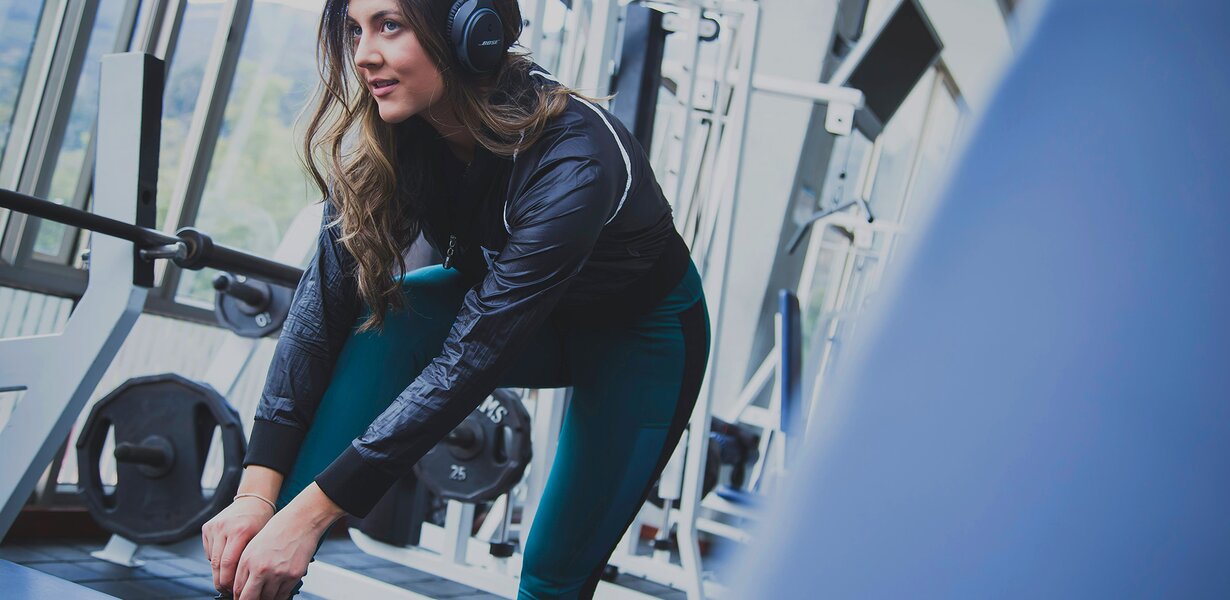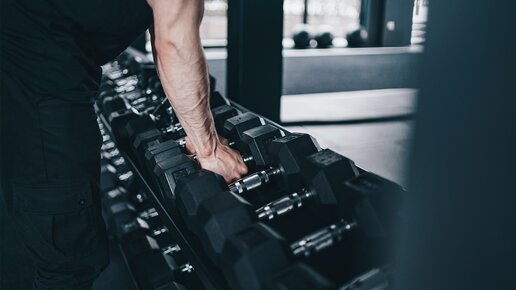Is it better to eat before or after exercise? This cannot actually be answered in a general way, because both methods can be correct. Finally, it’s also about the time span that includes the “before” and the “after”. And it’s about the type of sport that you are playing and the training effect that you are striving for. So a lot of parameters that must be included in the answer to the question.
The only thing you can say with certainty and that everyone has probably experienced at some stage or other: Eating a lot a few minutes before a sporting exercise is a no-go.
Eating before exercise
Why shouldn’t you eat anything heavy right before exercise?
The body needs a lot of energy to process and digest heavy foods. Energy that is not available to us during sports. Apart from that, you will start to feel nauseous pretty quickly.
How long should you leave after eating before you exercise?
As a rule of thumb, you can say: Leave two hours after a large meal before any intensive exercise. On the other hand, we don’t want to feel so hungry or stressed that we can’t complete our training session properly. So a small snack is absolutely fine and sometimes very helpful.
What can you eat before exercising?
Small, easy-to-digest snacks are great before exercise. The classics are bananas, which are particularly popular in endurance sports. Bananas are easy to digest, keep you feeling full for a long time and provide fast energy. They also contain vitamins and minerals such as potassium and magnesium.
These nutrients are also present in almonds, which are also rich in plant-based protein and vitamin E, making them a great last-minute snack. The high-quality fat helps regulate your metabolism. Important: do not eat more than a handful and chew them well so that the almonds do not sit heavily in your stomach.
Energy bars are practical and easy to transport before sport. They are now available in almost every supermarket and provide an extra dose of carbohydrates before strenuous training sessions.
Vitamins, minerals and micronutrients
During training, it is mainly about a short-term energy supply – the best way to achieve this is with short-chain carbohydrates, such as drinks rich in carbohydrates, energy gels or bananas, as already mentioned.
Overall, however, in the event of increased physical activity, you should always ensure that you are adequately supplied with micronutrients such as magnesium, iron, vitamins B1 and B6, as well as vitamin D. This is because we lose these nutrients during sports or have an increased need – which can have unpleasant consequences.
For example, magnesium is essential for our muscle and bone function. Iron plays an important role in oxygen supply and thus in aerobic performance, i.e. basic endurance. We need the two B vitamins to keep our carbohydrate metabolism working smoothly, while vitamin D supports our muscle function and, when combined with calcium, bone health.
Eating after exercise
Time
Leisure and amateur sports enthusiasts also question when to eat again after training. If you want to lose weight, you can wait an hour because this is how the muscle uses fat stores to gain energy in the so-called “afterburn effect” after exercise. However, you should not wait longer than two hours because you risk under-supplying your muscles if you do.
And what is the post-workout meal of choice now?
It should definitely be high in protein. This is because protein – also in the form of vegan sticks from BIOGENA – support the regeneration and growth of muscle mass. Carbohydrates are also useful for recharging depleted energy stores. Oats, pasta and rice are suitable here and can be combined perfectly with high-protein foods such as eggs, cheese or meat. Additionally, legumes provide a direct combination of carbohydrates and protein.
For endurance athletes such as triathletes, cyclists or runners, the carbohydrate content will be higher, and for strength training, the supply of proteins, which can also be supplied via food supplements. This can be useful, especially when building muscle, because you can dose the amount very precisely to achieve an optimal effect. Those who eat a vegan diet are very well served with protein sticks.
Vitamin C, zinc and omega-3 fatty acids are also important for supporting the immune system and promoting regeneration after training.
Questions on the topic of eating before or after exercise
You should leave at least two hours after your last big meal before you exercise. Otherwise, the body is too busy with digestion and lacks the energy to work out.
A small snack such as bananas, energy bars or a handful of almonds to fight hunger and for short-term energy makes sense.
Ideally, you should wait around one to a maximum of two hours. If the body is not immediately replenished with carbohydrates it will use its fat stores to provide energy. If you wait more than two hours, however, you risk under-supplying your muscles.
After a large meal, the body has to use a lot of energy in processing and digesting the food. As a result, your performance during training will decrease significantly.
No – this is not strictly necessary. A break of several hours is also possible in principle. However, muscles are particularly hungry after exercise, which is why a timely meal of carbohydrates and protein promotes recovery.
First, the body draws on its remaining reserves. If fat loss is desired, this can be beneficial. But if the reserves are empty, our muscles cannot regenerate until we eat again.








